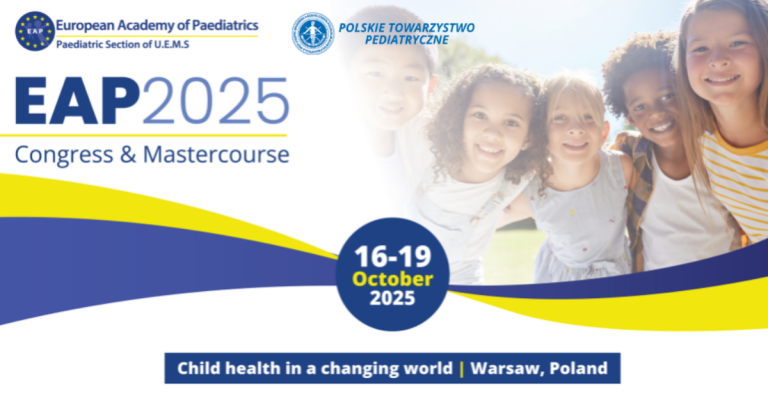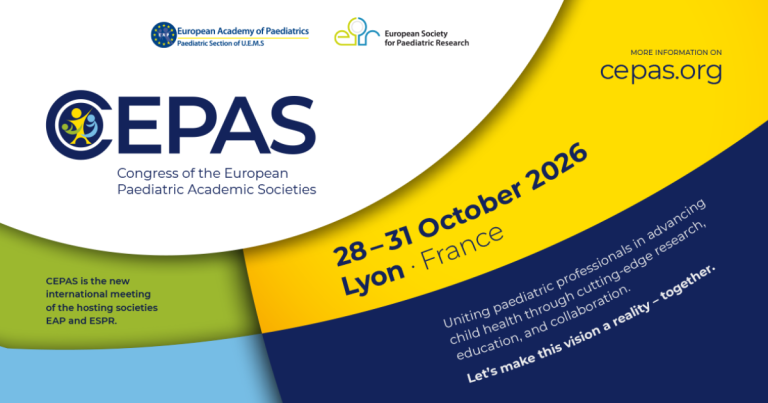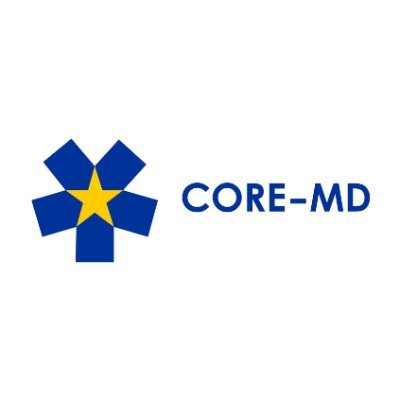2025 and 2026 – Important Update: EAP, CEPAS and EAP Congress and MasterCourse
March 30, 2025
Dear EAP Community,
Following recent events, we are happy to provide you with clarifying information regarding the future of the EAP’s international congresses:
- The EAP and ESPR will no longer be involved in the organisation of the European Academy of Paediatric Societies (EAPS) congress.
- Starting in 2025, EAPS will become an annual, commercial initiative with no scientific input from the EAP.
Hear it from Prof Tom. Stiris
In the future, the EAP will host two biennial meetings:
The EAP Congres and MasterCourse
16-19 October 2025, Warsaw, Poland
This event is organized jointly with the Polish Society of Paediatrics from October 16-19 in Warsaw, Poland. Over many years, the European Academy of Paediatrics Congress and Mastercourse has gained a distinguished reputation as the event to attend to get an excellent information update, applicable to day-to-day paediatric clinical practice. Our overarching motto in 2025, “Child Health in a Changing World”
The Congress of European Paediatric Academic Societies (CEPAS)
28-31 October 2026, Lyon, France
Our brand-new paediatric conference and the successor of EAPS, organised jointly with the European Society for Paediatric Research (ESPR).
The EAP Congress and MasterCourse 2025 and CEPAS are society-led international meetings, featuring world-class scientific programmes that empower a diverse community of clinicians, researchers, nurses, allied health professionals, children, and parents. These congresses are dedicated to developing research and applying it to practical care and policy–from bench to bedside and beyond. We aim to unite paediatric professionals to advance child health through innovative research, education, and collaboration–beyond purely commercial interests.
Yours Sincerely,
Prof. Berthold Koletzko
President
European Academy of Paediatrics
Prof. Teresa Jacowska
President
Polish Society of Paediatrics
Dr. Lukasz Dembinski
Treasurer, EAP/EBP Treasurer
EAP Congress & MasterCourse
Chair, Scientific Committee



